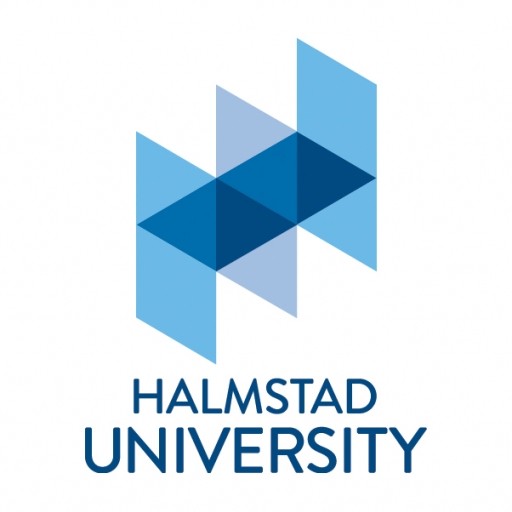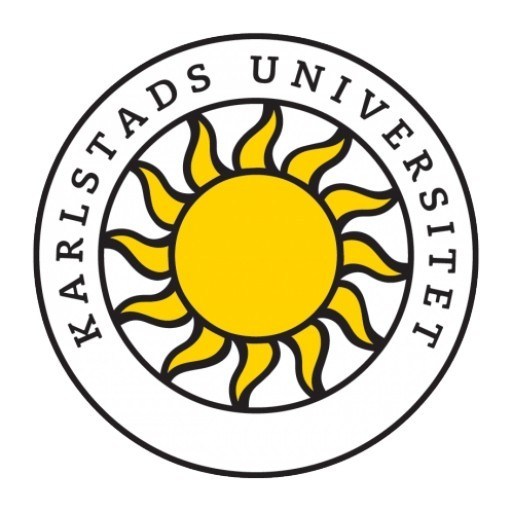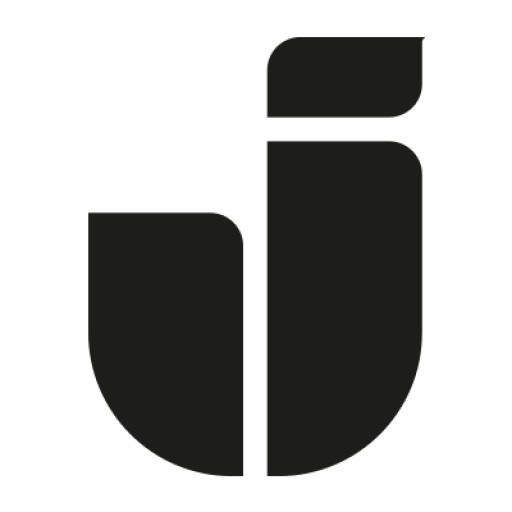Photos of university / #umeauniversitet
The Master's Programme in IT Management at Umeå University is designed to provide students with a comprehensive understanding of the strategic and operational aspects of information technology within organizations. This programme combines technical knowledge with management skills, enabling graduates to effectively lead digital initiatives and drive technological innovation in various industries. Throughout the programme, students will explore key areas such as information systems management, digital transformation, project management, and business analysis, preparing them for roles that require both technical expertise and leadership capabilities. The curriculum emphasizes practical applications, encouraging students to engage in real-world projects, case studies, and collaborations with industry partners. This approach ensures that graduates are well-equipped to address contemporary challenges in IT, such as cybersecurity threats, data management, and the integration of emerging technologies like cloud computing and artificial intelligence. The programme also offers opportunities for international exchanges and internships, broadening students' perspectives and enhancing their professional networks. Umeå University is known for its innovative teaching methods and close ties to the industry, providing an environment conducive to active learning and personal development. Graduates of the IT Management programme are prepared for careers as IT consultants, project managers, digital strategists, or CIOs, among other roles. They possess a solid foundation in both technical and managerial disciplines, enabling them to contribute to the digital evolution of organizations and to lead change effectively in a dynamic technological landscape. This master's degree not only opens doors to a wide range of career opportunities but also provides a stepping stone for those interested in pursuing doctoral studies or engaging in research within information technology management.
Thesis
Students finishing the program after one year are required to undertake a 15 hp/ECTS thesis in the spring, their second semester, before they graduate. Students studying for two years can choose whether they want to do two 15 hp/ECTS thesis courses, one in the second semester and one in the fourth semester, or only one large 30 hp/ECTS thesis course during the fourth semester.
Students will select a topic and an external partner for your thesis work. The thesis is written under the guidance of a supervisor. In order to pass the Master's thesis the students must not only write and defend their thesis but they must also be opponents of another students thesis.
Courses of free choice
During semester 3 students choose an elective course on 15 hp/ECTS. The elective course can be any course on undergraduate or advanced level at Umeå university provided that you fullfill the requirements and provided that there are seats available.
Proficiency in English equivalent to Swedish upper secondary course English B/6. A Bachelor's degree (equivalent to a Swedish Kandidatexamen, 180 ECTS) from an internationally recognised university. Special requirements: 90 ECTS in one of the following subjects; Informatics, Business Administration, Pedagogy, Psychology, Political Science, Sociology, Computer Science, Media-and Communication Studies (or equivalent).
The IT Management Master's program at Umeå University offers a range of financing options to support students throughout their studies. Tuition fees vary depending on the applicant's country of residence, with international students expected to pay tuition fees, while Swedish and EU/EEA students are generally exempt from tuition fees due to Swedish government regulations. For international students, the tuition fee for the program is set at approximately SEK 150,000 per academic year. These fees are payable in installments, typically per semester, and students are encouraged to plan their finances accordingly.
In addition to tuition fees, students should consider living expenses, including accommodation, food, transportation, and personal costs, which are estimated to amount to around SEK 12,000 to 15,000 per month. Umeå University offers various scholarship opportunities to help offset tuition costs, including merit-based scholarships for both international and domestic applicants. Applicants are advised to check the university's official website for detailed information on available scholarships, application procedures, and deadlines.
Financial aid options for Swedish students include government loans and grants provided through the Swedish Study Support (CSN). International students are encouraged to explore external funding sources, such as scholarships from their home countries or international organizations, as Umeå University does not provide direct financial aid to international students beyond scholarships.
Students can also seek part-time employment opportunities in Umeå and the surrounding area to support their living expenses, although employment restrictions and regulations may apply depending on the student's nationality and visa status. The university offers career services and guidance to help students find suitable part-time work.
Overall, students interested in the IT Management program should carefully plan their finances, including tuition, living costs, and potential funding sources. Applying early for scholarships and exploring external funding options can significantly alleviate financial burdens. To ensure comprehensive understanding of available financing options, prospective students are encouraged to consult the official Umeå University website and contact their admissions office for personalized advice and updated information.
The programme prepares the student for qualified tasks in areas such as evaluation work, planning, and development work in contexts such as the private or public sector as well as for research. Having finished the education you can participate in activities such as design and use of IT and work in managerial positions.
Among students with a master degree in informatics/computer- or systems science 87% received a job within a year of completing their degree, a rate highest for all general degrees. [Source: Swedish agency for higher education report 2010:19]
Career opportunities
Possible careers for a student with an IT Management Master's Degree include:
- Project Management
- Consulting
- Information Systems Specialist
- Systems Designer
- Systems Architect
- Development Work
- Evaluation Work
- Business Development
- Entrepreneurship
Degree
Degree of Master of Science (60 credits). Main field of study: Information science. Specialisation: IT Management.
Degree of Master of Science (120 credits). Main field of study: Information science. Specialisation: IT Management.








